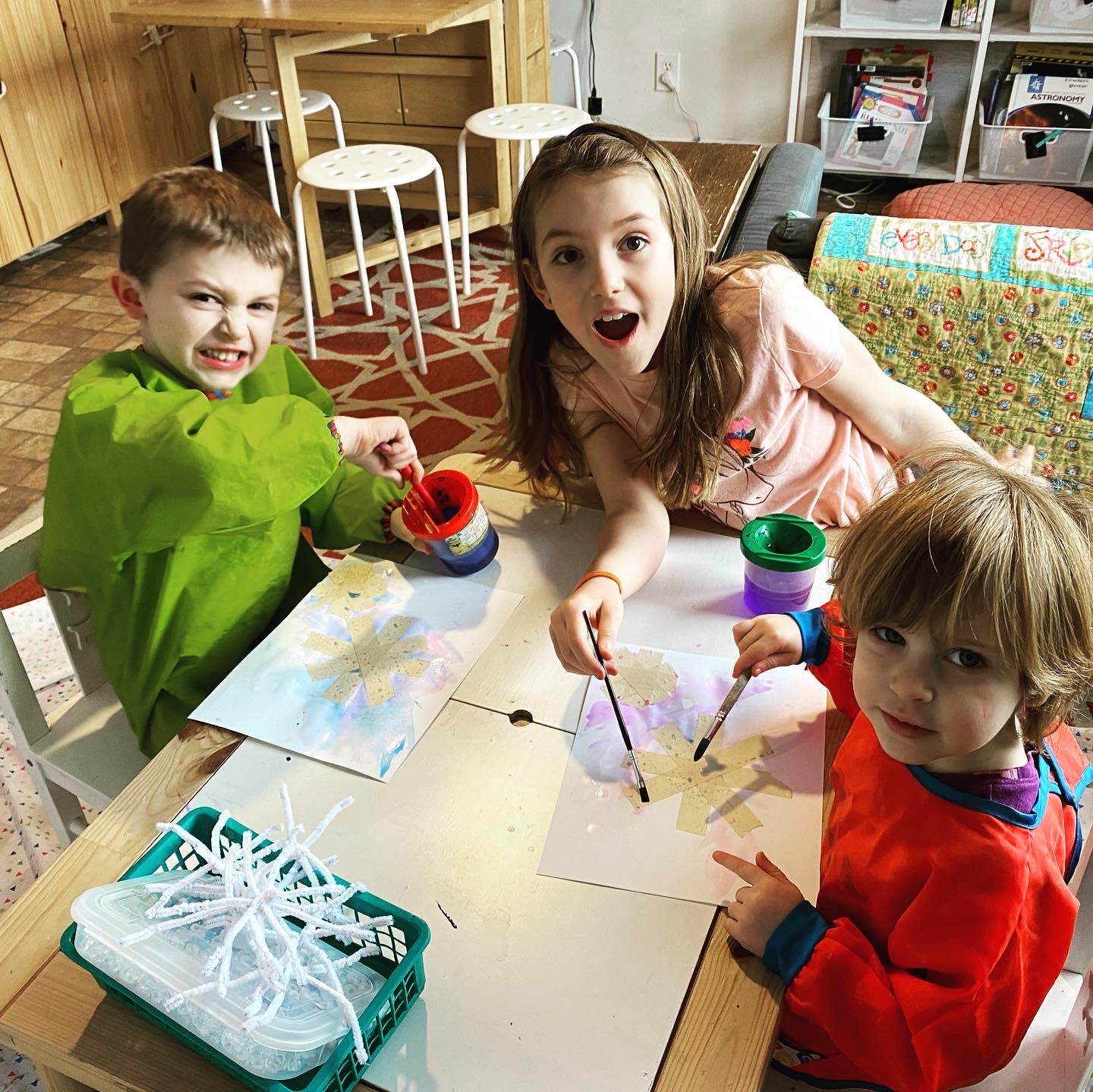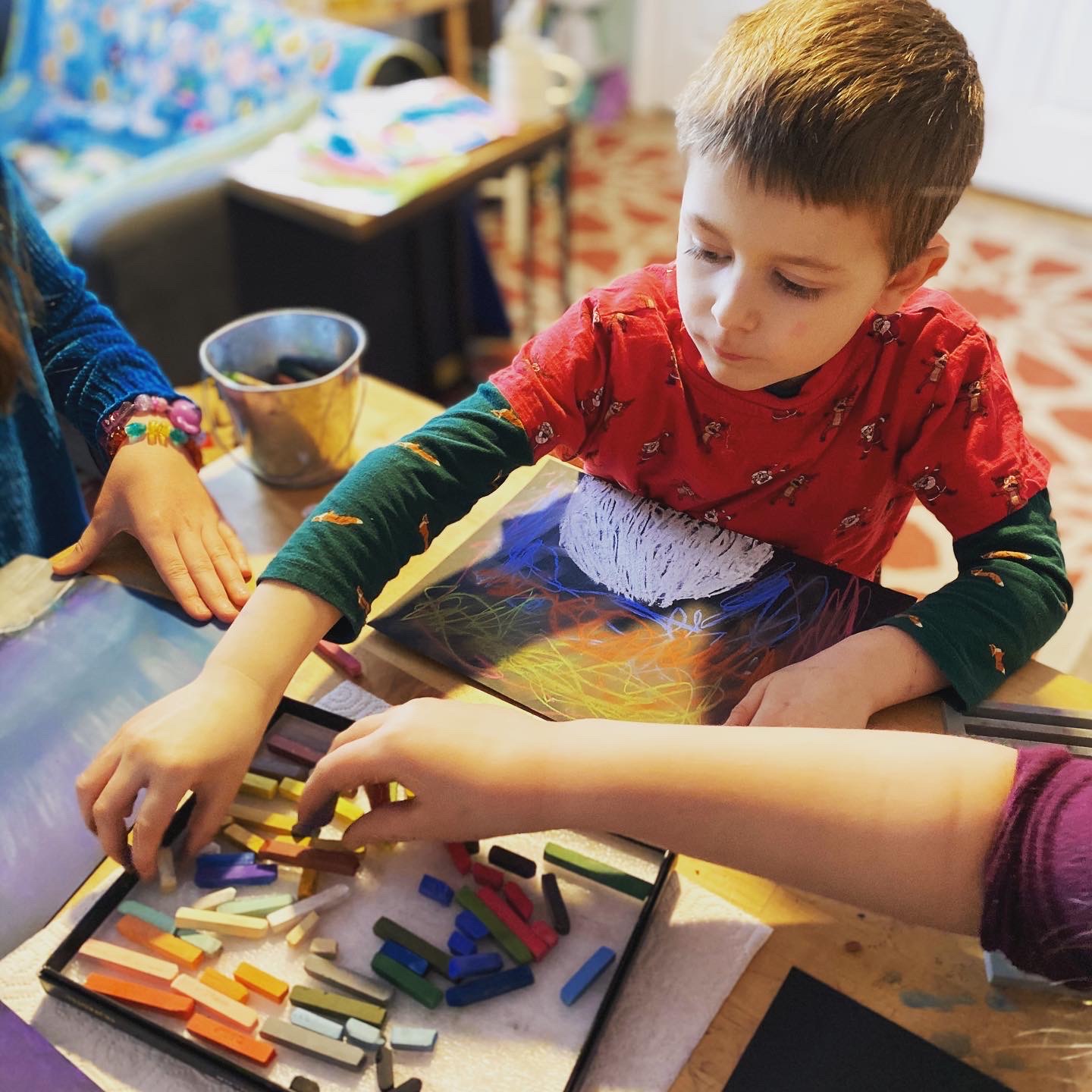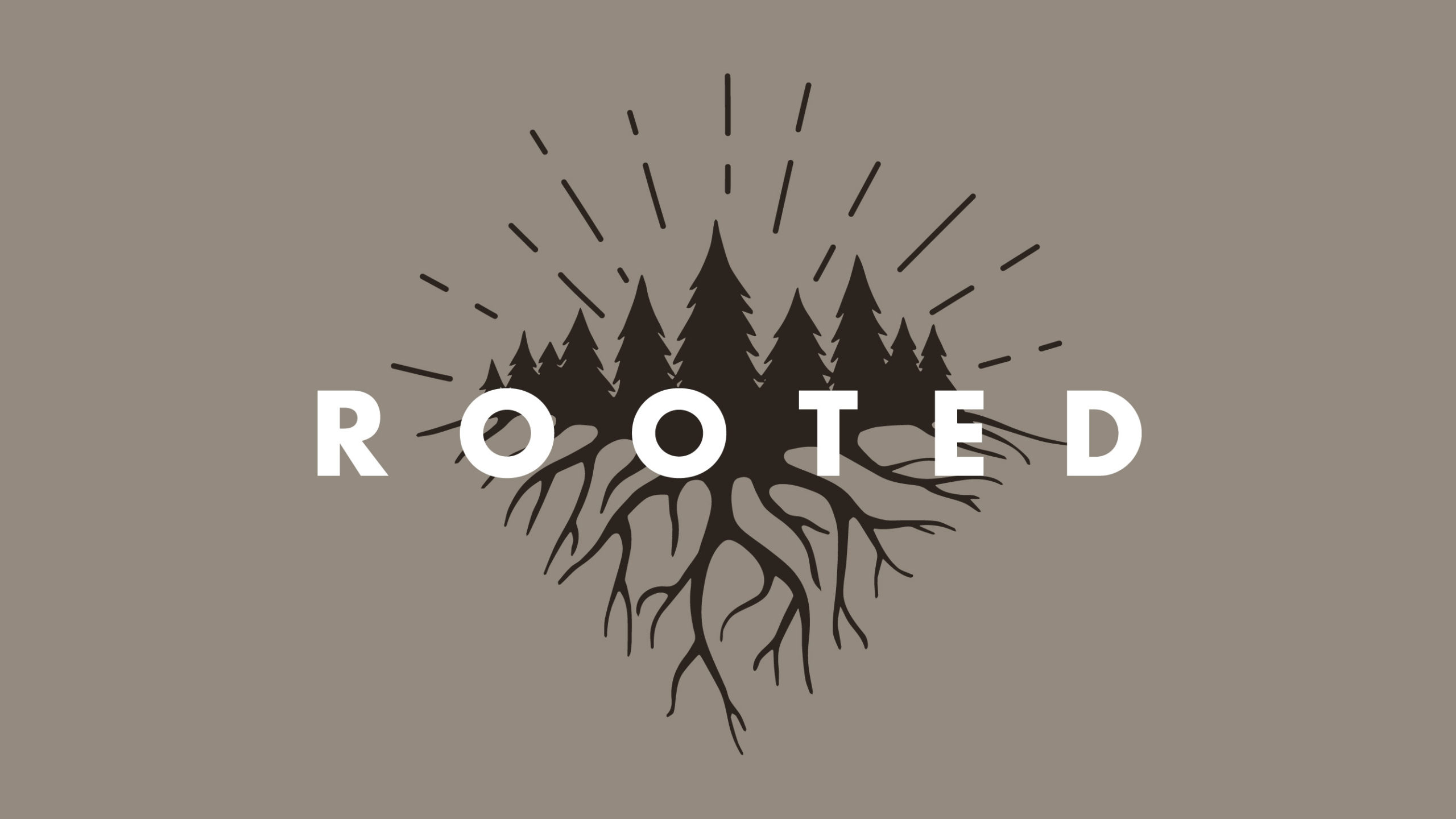Classically Rooted…
“By WISDOM a house is built,
and through UNDERSTANDING it is established;
through KNOWLEDGE its rooms are filled
with rare and beautiful treasures.”
Proverbs 24:3-4
In the words of Dr. Christopher Perrin, MDiv, PhD, author, consultant, speaker and CEO/publisher at Classical Academic Press, which specializes in classical education:
Classical education is like a very large museum with many beautiful, wonder-filled rooms that could be studied over a lifetime. It is a long tradition of education that has emphasized the seeking after of truth, goodness, and beauty and the study of the liberal arts and the great books. This approach to education also includes the study of Latin. The classical approach teaches students how to learn and how to think. It is this approach to teaching students based on their developmental stage that makes this approach so very effective. It is precisely this kind of education that has produced countless great leaders, inventors, scientists, writers, philosophers, theologians, physicians, lawyers, artists, and musicians over the centuries.
In classical education, we lay down a foundation of knowledge through facts and principles, the “WHATS,” with the hopes of stirring up curiosity and a sense of wonder. This leads a child to grow in his will to work and enables the teacher to move to instructing the student deeper- comparing, contrasting, sorting and reconciling ideas in the quest of understanding, the “WHYS.” Once the walls, roof and doors of understanding are established over the previously laid foundation of knowledge, then, finally, the house can begin to be adorned with wisdom, the precious jewels. (Classical Christian Education, p. 27)
In short, a classical approach…
- Aspires to cultivate virtue and wisdom and the formation of the soul
- Seeks after truth, goodness and beauty
- Desires to foster a lifelong love of learning
- Supports an integrated curriculum, all ideas are interconnected, and does not approach learning through standalone “subjects”
- Teaches Latin. (Why Latin?)
- Shares in the reading of the great books as a means of interacting with the past and fostering a formation of the human soul
- Teaches the student how to learn and how to think, not what to think
- The ultimate end of Classical Christian education is to enable the student to better know, glorify, and enjoy God (CIRCE Institute)

Classical Education uses of the seven liberal arts,
which are the trivium (verbal arts) and the quadrivium (mathematicals arts).
THE TRIVIUM
“The Three Roads”
Grammar (PK-6)
- Gathering of knowledge
- Memorize and recite
- Students are naturally adept at memorizing through songs, chants, and rhymes

Dialectic (7-9 grade)
- Building in understanding
- Reason, analyze, debate
- Students are naturally more argumentative and begin to question authority and facts. We work with the “grain” of the developing student, teaching them how to question respectfully, at the right time, in the right way and with the right tone.
- Students want to know the “why” of something—the logic behind it.
- During this stage, students learn reasoning, informal and formal logic, and how to argue with wisdom and eloquence.
Rhetoric (10–12 grade)
- Cultivating wisdom
- Discuss, write, speak
- Students become independent thinkers and communicators.
- Students are able to teach what they have learned.
- Students express ideas in new and creative ways.
- They study and practice rhetoric, which is the art of persuasive speaking and effective writing that pleases and delights the listener.
THE Quadrivium
“The Four Roads”
Arithmetic
Geometry
Music
Astronomy
“The supreme task of education is the cultivation of the human spirit; to teach the young to know what is good, to serve it above self, to reproduce it, and to recognize that in knowledge lies this responsibility.”
~ David Hicks, Norms & Nobility

Resources for further study on classical education…
Introduction to Classical Education booklet (FREE pdf)
The Lost Tools of Learning by Dorothy Sayers (FREE pdf)
Principles of Classical Education, a free article from CIRCE Institute
The Core by Leigh A. Bortins Founder of the organization Classical Conversations, Bortins incorporates the best ideas from the ancients and gives parents the tools to revive classical learning at the most basic stages.
Discover Classical Christian Education pamphlet This is a general overview of classical education
Classical Education Made Approachable This is a quick and concise look at the basic blueprint for the tools of learning classically to build your family’s home-centered classical education.
The Liberal Arts Tradition: A Philosophy of Christian Classical Education This is a second-level book offering a deeper dive into the trivium, quadrivium, and study of the liberal arts
Awakening Wonder: A Classical Guide to Truth, Goodness, and Beauty The history and development of these values and how they are essential to cultivating students
Norms & Nobility college-level text looking at classical education from an administrative perspective
Works Cited:
Classical Christian Education…Made Approachable. Classical Conversations, Inc, 2011.
“What Is Classical Education?” Circe Institute, 2020, www.circeinstitute.org/resources/what-classical-education.
“What Is Classical Education?” Classical Academic Press, classicalacademicpress.com/pages/what-is-classical-education.

